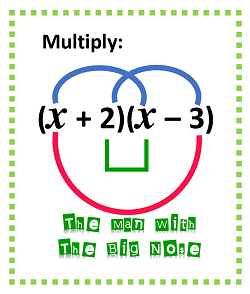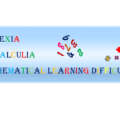Understanding maths
The rote learning of mathematics is not only largely ineffective; it is also harmful in the long term.
 I often hear parents saying: ‘My child is behind in maths because they have poor memory and quickly forget what they were taught’ , or ‘My child has a brilliant memory, they know all their number bonds and multiplication facts but struggle with a simple maths problem’ . In both cases, the problem is rote learning: learning by repetition and memorising. It is a method which prevails among school teachers and private tutors alike.
I often hear parents saying: ‘My child is behind in maths because they have poor memory and quickly forget what they were taught’ , or ‘My child has a brilliant memory, they know all their number bonds and multiplication facts but struggle with a simple maths problem’ . In both cases, the problem is rote learning: learning by repetition and memorising. It is a method which prevails among school teachers and private tutors alike.
Children intrinsically have a brilliant memory, and learn new things very quickly, provided that they understand and are interested in what they are doing. Therefore, rote learning is not only largely ineffective, it is also harmful in the longer term. For a start, children can easily get bored and lose interest in maths, which well explains their ‘memory lapses’ . Moreover, the lack of solid understanding of underlying concepts often results in children confusing arithmetic rules. Most importantly,a child can develop a feeling that however hard they work they are still ‘rubbish’ at maths. Such feelings can damage a child’s confidence for life.
Unfortunately, rote learning has been a traditional method of teaching mathematics in this country for generations. This is how most teachers were taught mathematics themselves and they therefore prefer to follow familiar teaching methods. It is surprising how many mnemonics are used to help children to memorise arithmetic rules bypassing understanding. Just one example: ‘Multiplying fractions is not a big problem, top times top with bottom times bottom’ . My opinion is that such memory-aids block children’s minds, preventing them from thinking and reasoning.
At the same time, it is well known that children’s mathematical abilities are not fixed, and there exist excellent programs that help children to develop a deep understanding of mathematical concepts. However, implementing such programs in a school environment would require a total reassessment of the existing teaching methods, which might require a change in mentality.






